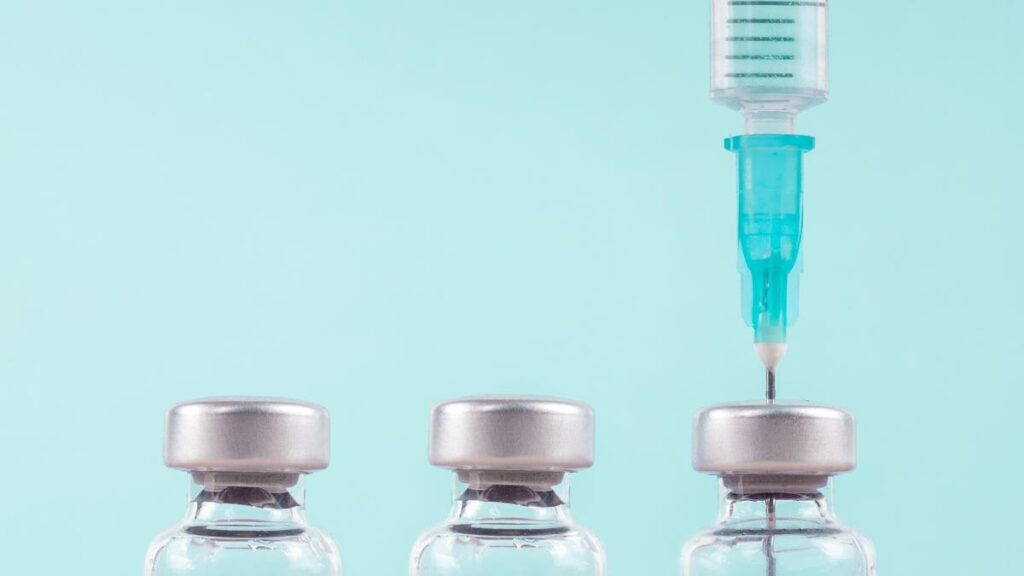Amazon Pharmacy on Tuesday announced a bold initiative: automatic coupons and savings for more than 15 insulin and diabetes care brands. With this new offering, eligible customers will be able to gain access to a variety of insulin brands starting at $35 a month, in addition to other commonly prescribed products such as continuous glucose monitors and pumps from companies like Novo Nordisk, Eli Lilly, Sanofi, Dexcom and Insulet.
Though manufacturer coupons for medications have been around for a long time, actually using them effectively often entails a cumbersome process. Patients normally have to find the right coupon from the company, make sure it matches the exact medication that was prescribed and ensure that it is used in a timely manner before expiration. Now, with Amazon Pharmacy, these coupons will be automatically applied for a medication during checkout, meaning that customers are ensured savings, if they are available.
Dr. Vin Gupta, a critical care physician, major in the U.S. Air Force, and the chief medical officer of Amazon Pharmacy, explains to me the impact of this initiative: “The coupons program has been around for some time, and now we are introducing it for insulin. With this new initiative, a patient can simply go to our website, search for a specific insulin and they’ll get an estimated price based on the available coupons and their insurance coverage.”
“The highest value proposition is for those without insurance coverage. These patients no longer have to go searching for coupons or ways to save; these coupons are going to be applied automatically, creating huge value,” he adds.
“The reason why Amazon Pharmacy is doing something different is because many patients don’t know that coupons readily exist. In fact, 85% of the time that a medication with an available coupon is prescribed, the coupon is never used,” says Dr. Gupta. “We are trying to close that gap for both insulin and a broader set of medications and really unlock the value behind those savings for patients automatically—so they never have to worry about if they are getting the best price.”
A patient with an insulin pump.
Indeed, lack of price transparency for medications and specifically the rising costs of insulin have increasingly garnered the attention of the American public in the last few years. Recently, the federal government has made insulin pricing a major priority on its docket, especially as its prices have skyrocketed over the last decade. The Centers for Disease Control and Prevention reports that nearly 37.3 million people have diabetes in the United States, which is nearly 11.3% of the country’s population. For many of these patients, insulin is a life-saving medication that is used on a daily basis. Lack of affordability of insulin has triggered significant uproar both among patients and regulators.
Charles Henderson, CEO of the American Diabetes Association, explains in the press release: “We applaud Amazon Pharmacy for innovating on behalf of patients and taking the important action to help ensure people living with diabetes can easily access the treatments they need through a transparent purchase process that automatically applies any eligible discounts.”
Amazon Pharmacy has indeed become a powerful force in the world of healthcare and medication delivery. The company’s RxPass program, for example, has been celebrated as one of the most successful marriages of retail principles with healthcare. Members can subscribe to this program for $5 a month and get access to a broad set of medications for many common healthcare conditions, such as high blood pressure, high cholesterol, diabetes, etc. And, in true Amazon fashion, these medications are delivered to the doorstep, free of charge. Assuredly, Amazon has disrupted the pharmacy space with its tech-forward mindset and innovation focused mission.
Dr. Vin Gupta, CMO of Amazon Pharmacy.
Amazon Pharmacy is increasingly trying to stay true to its retail roots, prioritizing the pillars of convenience, value, and affordability. Dr. Gupta is especially enthusiastic about the fact that the service provides patients with 24/7 access to clinical pharmacists, so that patients taking high risk medications or those that need general help can reach out, in case of any questions or clarifications needed.
Interestingly, many other companies are attempting to stake a claim in this arena. Walmart has become well known for its $4 prescription list, providing consumers affordable access to medications for many chronic conditions. Traditional brick-and-mortar establishments such as Walgreens and CVS have also entered the medication delivery business, attempting to provide more convenience to their customers. Perhaps the most famous player in recent years is Mark Cuban’s Cost Plus Drug Company. Cuban started the company with a similar goal of providing customers with transparent pricing and medications at a cheaper price: “Everyone should have safe, affordable medicines with transparent prices.” Since its inception, Cost Plus Drug company has received significant praise for its efforts.
Overall, the competition to provide cheaper medication access to patients is a step in the right direction in ultimately improving healthcare outcomes. As for Amazon specifically, if the company’s past ventures are any indication of its future successes, this new initiative and Amazon Pharmacy as a whole will undoubtedly be a force to reckon with— especially given the company’s relentless ambition to provide better value for patients and communities.


